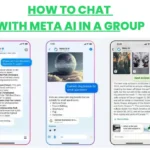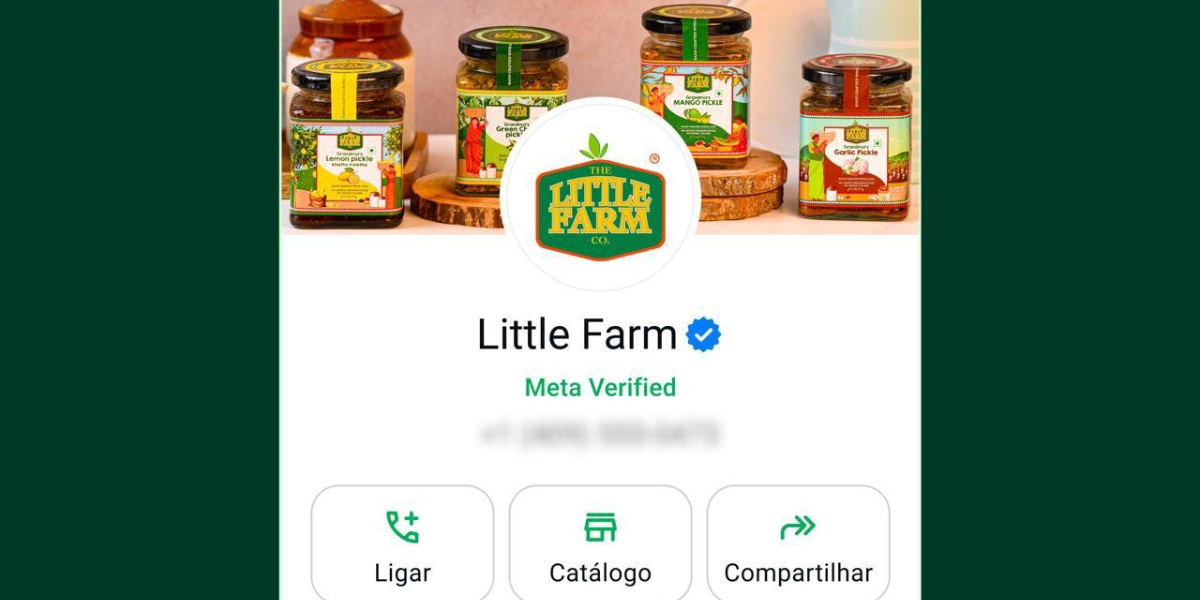Table of Contents
- Introduction
- What Are Verified Accounts?
- Importance of Verification
- 3.1 Authenticity
- 3.2 Combatting Misinformation
- 3.3 Business Communication
- Rollout Strategy
- User Experience
- Conclusion
Meta Introduces Verified Accounts on WhatsApp
In a bid to bolster authenticity and combat misinformation, Meta has announced the introduction of verified accounts on WhatsApp. This feature will initially roll out in Brazil, India, Indonesia, and Colombia, countries where WhatsApp has a significant user base and where the spread of misinformation can have profound consequences.
What Are Verified Accounts?
Verified accounts on WhatsApp will display a verification badge next to the account name. This badge indicates that the phone number associated with the account belongs to a verified business or organization. This initiative is part of Meta’s broader efforts to curb the spread of fake news and enhance user trust in the information shared on the platform.
Importance of Verification
The introduction of verified accounts is crucial for several reasons:
- Authenticity: Users can trust that messages coming from verified accounts are more likely to be genuine and reliable.
- Combatting Misinformation: By verifying accounts, Meta aims to reduce the spread of misinformation, which has been a significant issue on messaging platforms like WhatsApp.
- Business Communication: Verified accounts will benefit businesses and organizations by providing a means to authenticate their identity to customers.
Rollout Strategy
The initial rollout in Brazil, India, Indonesia, and Colombia underscores the importance of these markets to Meta. These countries have large WhatsApp user bases and have faced challenges with misinformation in the past. Meta plans to expand the feature to other regions based on feedback and effectiveness.
User Experience
For users, interacting with verified accounts will provide peace of mind when receiving information from businesses, government agencies, or other organizations. The verification badge will appear next to the account name in chats, ensuring clarity and trustworthiness in communications.
Conclusion
Meta’s introduction of verified accounts on WhatsApp represents a significant step forward in promoting authenticity and combating misinformation on the platform. By starting in key markets like Brazil, India, Indonesia, and Colombia, Meta aims to create a safer and more reliable messaging experience for users worldwide. As the rollout progresses, it will be interesting to see how this initiative evolves and its impact on user behavior and trust in digital communications.
This move by Meta aligns with broader industry efforts to enhance transparency and reliability in online communications, setting a precedent for other platforms to follow suit in the fight against misinformation.



